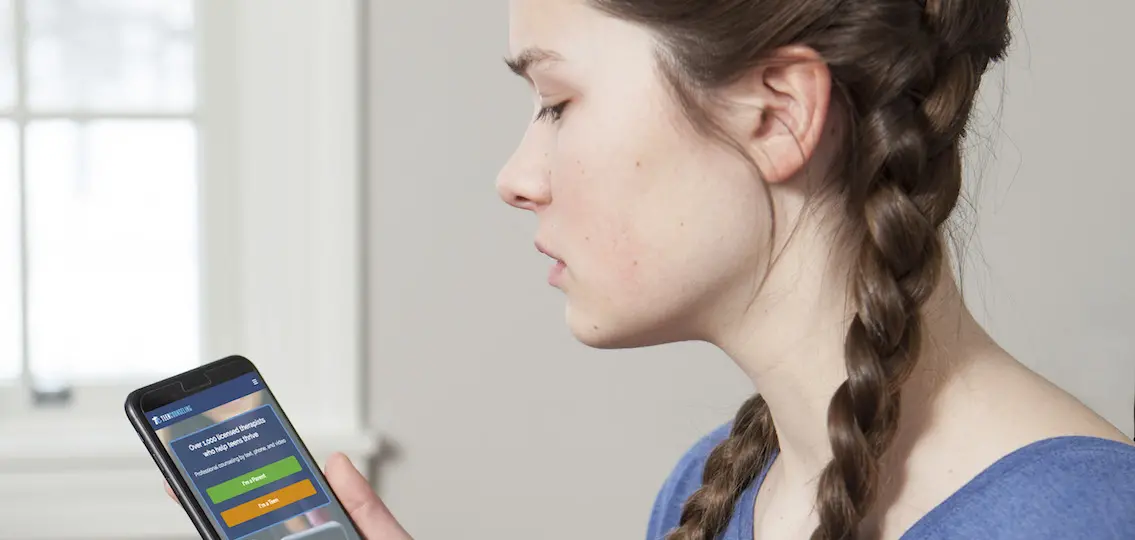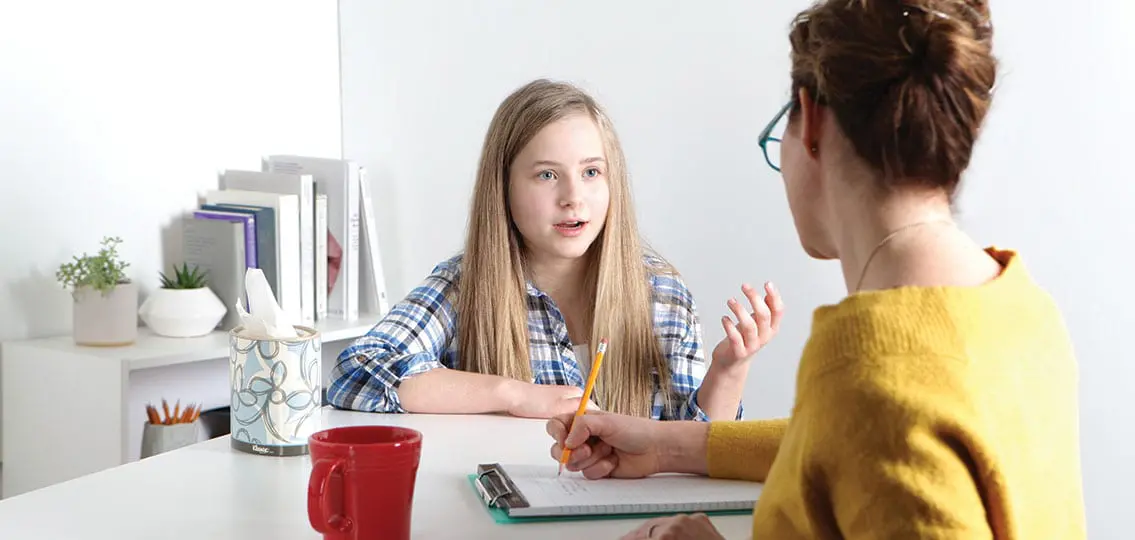Warning: the first step towards helping your teen might involve helping yourself.
Counseling teenagers is a tricky business. So much of what teenagers do and who they are is a reflection of their parents. So when they make their way into my practice, we need to work at changing not only the teenager’s patterns, but the parents’ as well.

Parents who are willing to reflect on the role they have played in the development of their teenager’s problems typically have teenagers who will improve more rapidly and change in deeper and more lasting ways.
Teenagers have much less power over their own lives than adults. I’ve met and helped teenagers with histories of trauma and intense conflict. I often consult with parents who have difficulty recognizing how the mistakes they have made in their parenting have contributed to their teenager’s problems.
Many parents just want me to “fix” their teens. Sadly, it doesn’t work like that.
Every teenager internalizes family problems in their own way. And although counseling can help to create healthier patterns of thoughts, emotions, and behavior, the change takes time. I like to compare the therapy process to education; it is not easy or fast and the benefits tend to blossom in the future, not in a few sessions. Therapy demands a commitment.
Typically, more open-minded parents seem better able to commit to therapy; they are willing to look at themselves, help themselves and change.
Somehow, they understand the idea that the healthier they are as a person, the better parent they will be, and the better off their teenager will be.
I have seen that therapy can help teenagers overcome tremendous conflict. But I have found that the fastest and most positive changes occur when parents improve themselves and their parenting skills. So I encourage parents to help their teenager by helping themselves.
Please don’t read judgment into this. I am not saying that parents with troubled kids are bad people or inadequate parents, or that their teenager’s challenges are their fault. Parenting styles and patterns tend to be transmitted from one generation to the next. Their parents probably parented the same way.
The good news is that recognizing this phenomenon opens the door to breaking destructive family cycles and giving a teenager the amazing gift of a new family culture that will strengthen not just their present emotional wellbeing but the wellbeing of their decedents as well.

So if this speaks to you, embrace therapy for yourself in order to give your teenager a distance from your family’s past that enables him to reflect more effectively and thus heal and grow.




